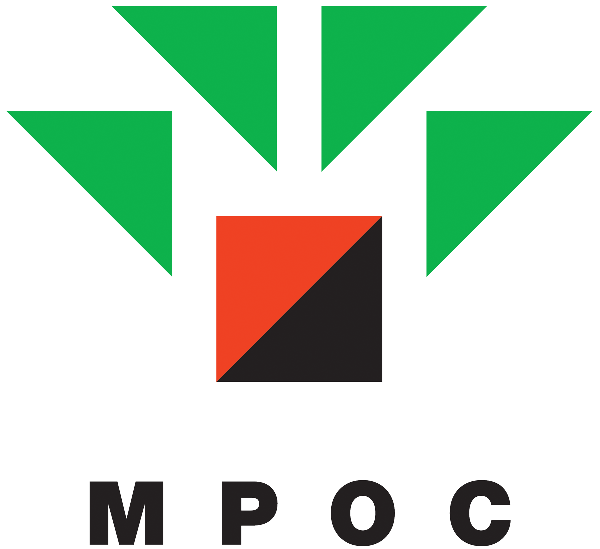Kuala Lumpur, 20 January 2025 – Malaysian palm oil production in December 2024 decreased by 8.3% month-on-month and 4.2% year-on-year. Exports also dropped by 9.9% month-on-month and 1.4% year-on-year to 1.34 million tonnes. Despite the declines, the export volume in December was still consistent with the levels seen in 2018, 2019 and 2023, ranging between 1.3 to 1.4 million tonnes. This is noteworthy considering palm oil traded at a USD200 per tonne premium over soybean oil in December. Furthermore, combined palm oil exports and domestic consumption in Malaysia reached 1.65 million tonnes in December, surpassing the production level of 1.48 million tonnes by 164,000 tonnes. Consequently, palm oil inventories declined sharply, ending the year at 1.71 million tonnes.
Looking ahead, palm oil exports are expected to decline seasonally in January and February, primarily due to a drop in production. The monsoon season, which had curtailed harvesting activities, began subsiding in Malaysia and Indonesia during the final week of December. However, the impact of 3 public holidays in January is expected to result in fewer harvesting days and lower output. This contrasts with the rising palm oil consumption during January and February due to the Chinese New Year and Ramadan celebrations.
The direction of palm oil prices in 2025 will largely depend on the export supply dynamics of Malaysia and Indonesia, along with policy shifts in US and Indonesia. In Malaysia, palm oil production is anticipated to remain steady at 19.5 million tonnes in 2025, while Indonesia is projected to recover by approximately 2 million tonnes, reaching 48 million tonnes. However, the recovery in Indonesia’s production is anticipated to be fully absorbed by the increased demand for B40 biodiesel blending. Therefore, export supplies from both Malaysia and Indonesia are unlikely to see significant growth.
Before 2024, Malaysia’s palm oil inventories built up were largely dependent on imports, importing approximately 1 million tonnes of palm oil from Indonesia annually. However, import volumes plummeted to 253,000 tonnes in 2024, a 72% decline which is reflected in the current low stock level. This trend is expected to persist, with imports in 2025 projected to be low. As a result, Malaysia’s palm oil inventories are likely to stay below average at around 1.7 million tonnes in the first quarter of 2025, before the peak production season.
Soybean oil prices in the US market has been fluctuating between USD950 and USD1,050 per tonne since August 2024, despite multiple bearish factors such as upward revision of soybean production estimates and uncertainty surrounding soybean oil demand in biofuel blending under Trump administration. This price stability suggests that soybean oil prices have reached a support level and is poised for recovery. The current low prices will temporarily boost export demand, driving prices up and narrowing the price gap between palm oil and soybean oil. Additionally, palm oil production is expected to decline until February before recovering in March, further supporting prices.
The US is currently undergoing a transition on its biofuel blending tax credit policy under the Trump administration. The clarification of the policy, combined with the proposed tariff hikes on imports from Canada and China are expected to significantly impact domestic demand for soybean oil. Canada and China are key exporters of canola oil and used cooking oil (UCO) to the US, both of which are critical feedstocks for biodiesel production. If these tariff hikes are implemented, they are likely to support a bullish trend for soybean oil prices.
Palm oil prices are projected to trade between RM4,250 to RM4,550 in the first quarter of 2025. Demand for palm oil is expected to rise after March, driven by a tightening supply of sunflower oil resulting from significant frontloading exports from the black sea region. Key factors influencing palm oil prices in the coming months will be the availability of export supplies from Malaysia and Indonesia, as well as the evolving biofuel policy under the Trump and Prabowo administration.
For more information on MPOC and Malaysian palm oil, visit www.mpoc.org.my





